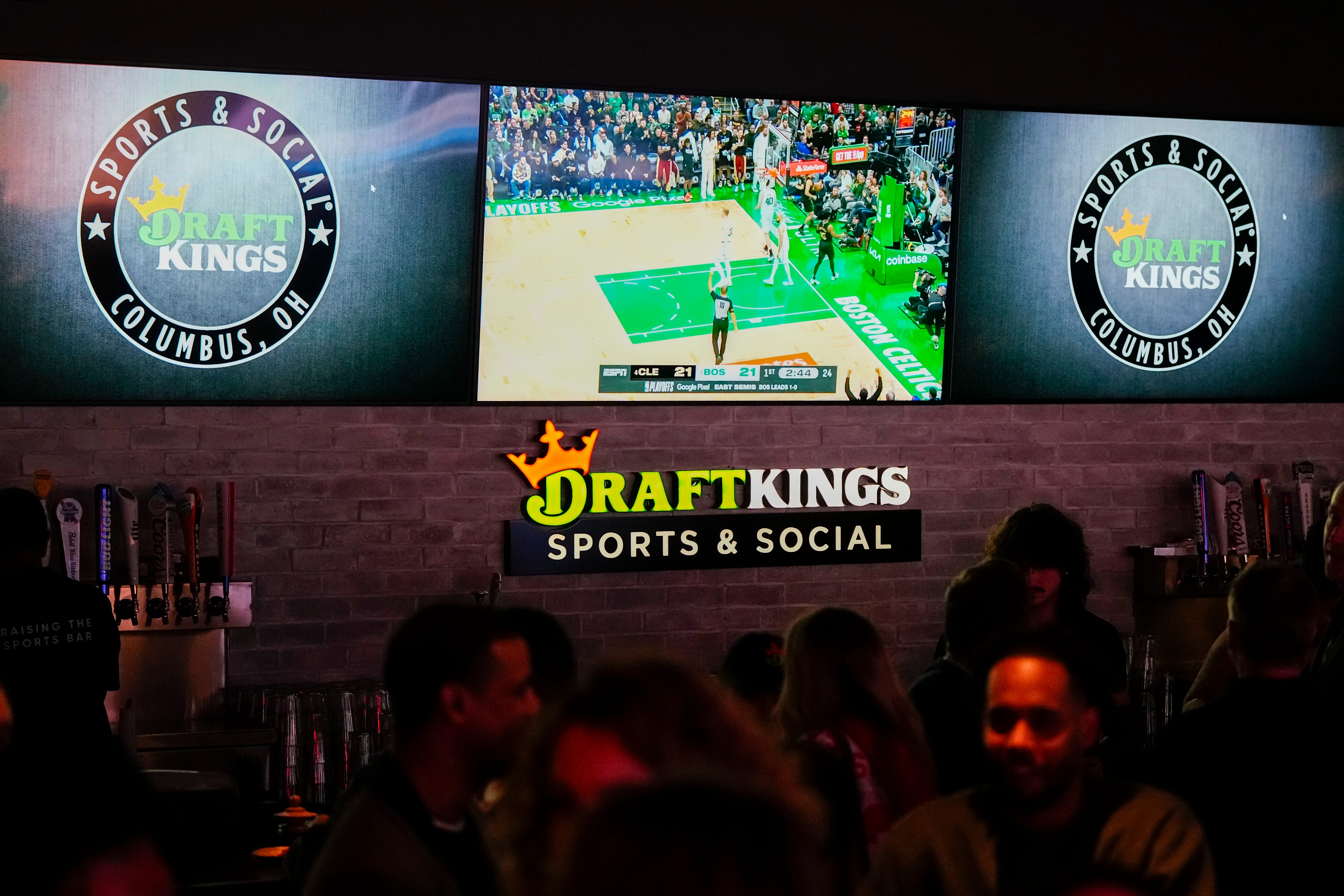Maryland Pushes on iCasino Legalization This Year

Maryland’s 2026 legislative session concluded on Monday, marking the final opportunity for lawmakers to finalize an online casino bill for voters to consider this year. In addition, residents in the state currently have access to top sports betting platforms.
The future of an iCasino bill in Maryland was uncertain, but supporters of digital slots and online table games remained optimistic that an iGaming plan could be implemented in 2026. They believed that iCasinos could enhance Maryland’s sports betting industry, which has been a significant source of tax revenue for the state. Maryland residents have access to a variety of sportsbook promotions.
However, with the exclusion of the plan from the state’s fiscal year budget and its absence from Monday’s agenda for the state’s General Assembly, it was evident that supporters of introducing online casino gaming to the state were facing an uphill battle.
This implies that Maryland will have to wait until 2027 for the opportunity to become the next online casino jurisdiction in America.
Plenty of pushback
Multiple sources were involved in the efforts to block an iCasino platform in Maryland, rather than a single entity standing in the way of iGaming legislation in the Old Line State.
Several studies have found that traditional casinos in the state could see a decrease in revenue due to the rise of online gambling. The Innovation Group predicted a potential 8-10% decrease in profits for physical casinos in the state once online gambling is introduced. Eilers and Krejcik also estimated a 2% decrease in gambling activity and overall profits for brick-and-mortar casinos.
The decrease in foot traffic at brick-and-mortar casinos is likely to result in a decline in profits for neighboring businesses and service providers that support the casino industry.
Despite evidence suggesting otherwise, there has been retail pushback. Online revenue for brick-and-mortar casinos in existing iGaming jurisdictions has actually improved the bottom line for these facilities. Studies have shown that the addition of online gaming has had little to no negative effect and has even benefitted retail casinos in the North American market.
Union pushback
Unions in Maryland are powerful and had their own reservations about a full iGaming platform for the state. Labor organizations like the AFL-CIO and UNITE HERE were outspoken in their disapproval of online casino gaming legislation, and it seems their concerns were taken into account.
They realized that online gambling platforms could potentially put jobs at risk.
This year, Maryland’s iGaming faced obstacles due to opposition from unions and retail casino providers, as well as concerns about gambling addiction hindering any progress.
Where it leaves Maryland and the entirety of the U.S. iGaming scene
Legal sports betting has become popular in the American market, with almost 40 states and territories offering their own platforms. However, iGaming and iCasinos have been slower to gain traction.
Currently, only seven states—Connecticut, Delaware, Michigan, New Jersey, Pennsylvania, West Virginia, and Nevada—have implemented some form of iGaming platform within their borders. Additionally, Ontario in Canada has its own platform as well. There were hopes that Maryland would join this list in the current year.
Maryland, Illinois, Indiana, and Iowa are unlikely to have online casinos until at least 2026, despite efforts to push for iGaming in those states this year.
New York is being considered as a potential jurisdiction for iGaming in the U.S. market, but there are likely to be challenges in that state as well. Just like in Maryland, these hurdles could be significant, and there are no guarantees. Certain legislators in New York have already expressed reservations about the idea of introducing an iGaming platform.
Although iGaming is a highly profitable industry for generating tax revenue, it remains a divisive topic. Will Americans ever become more open to the idea of online casinos?
The wise choice is to focus on gradual expansion rather than rapid growth. Legal sports betting took time to gain popularity, but now it plays a significant role in the North American sports viewing landscape.







